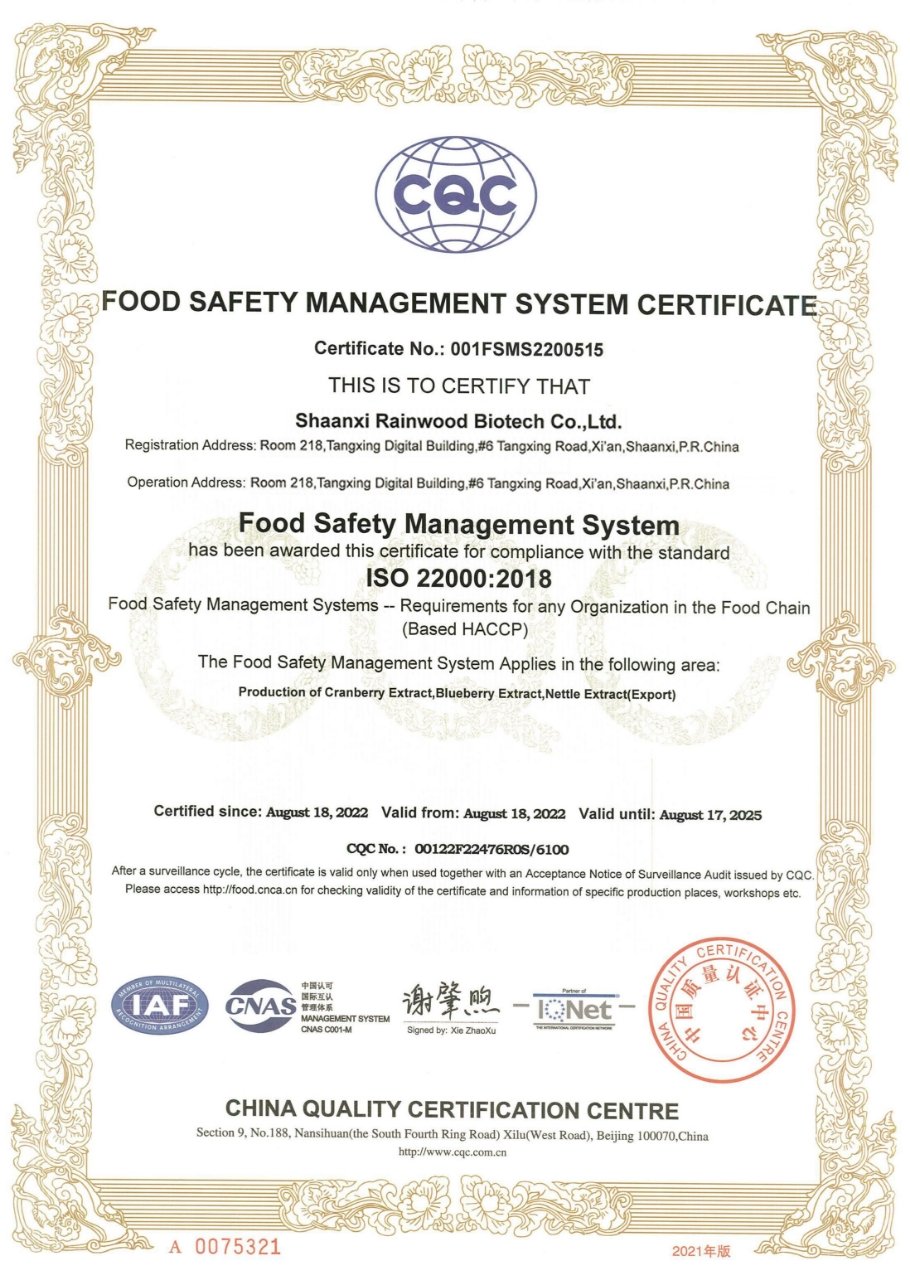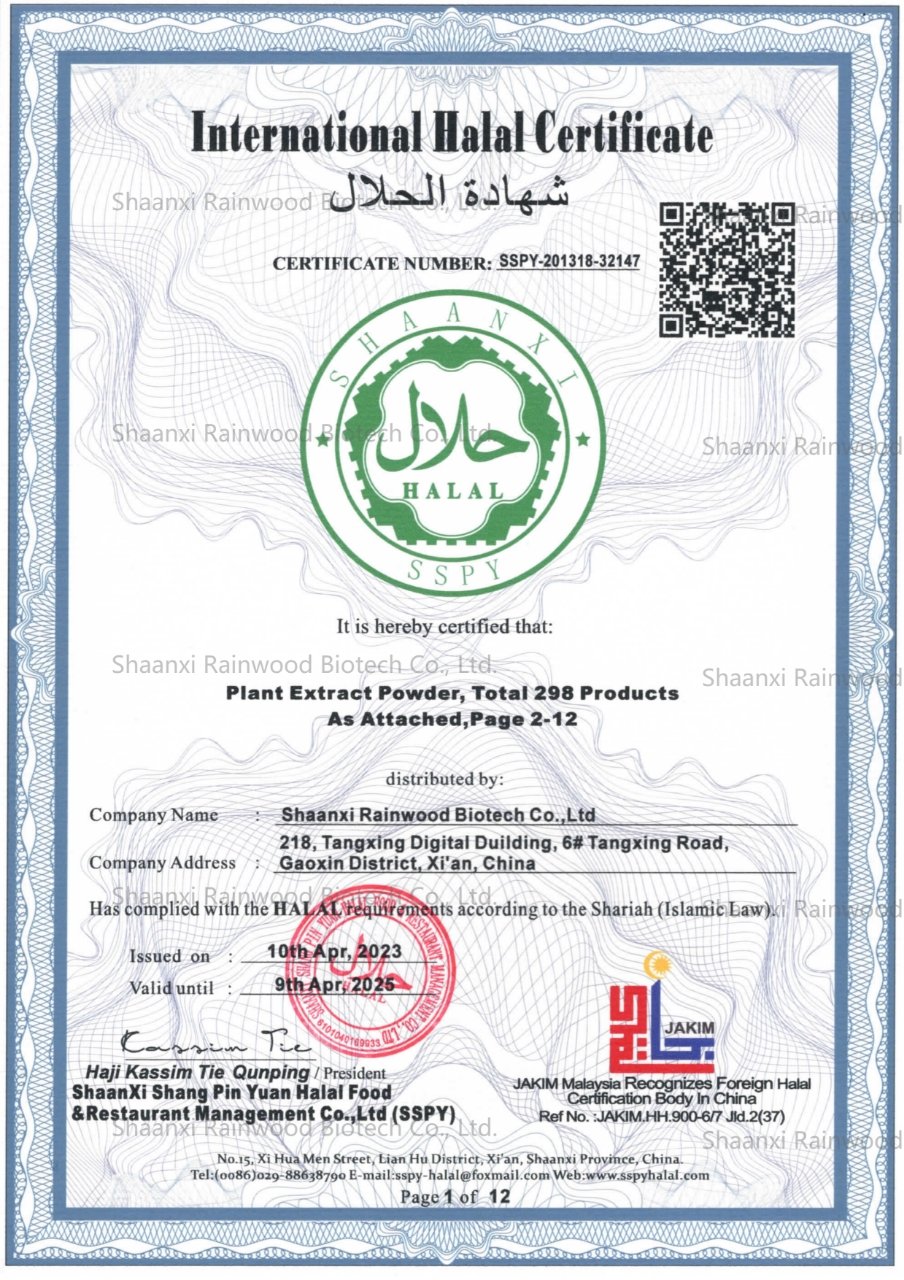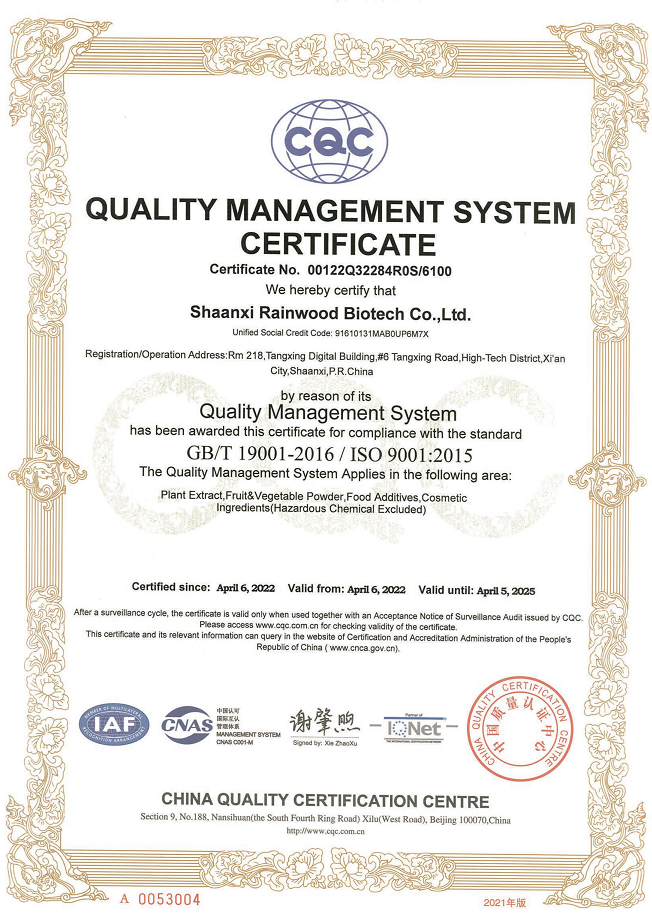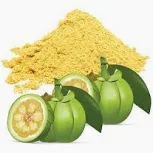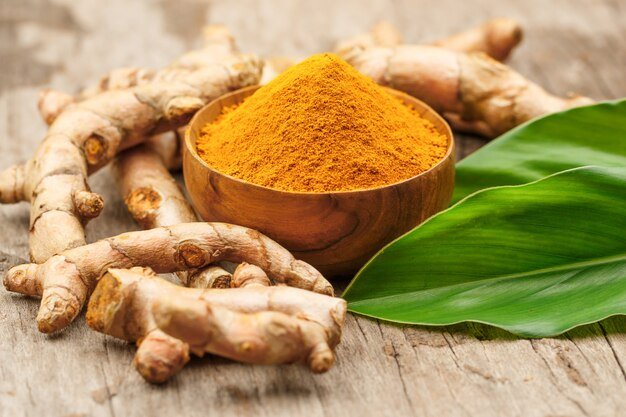Passionflower extract, derived from the Passiflora plant encompassing around 500 known species, is renowned for its potential therapeutic benefits. Notably, Passiflora incarnata has shown promise in treating conditions like anxiety and insomnia.
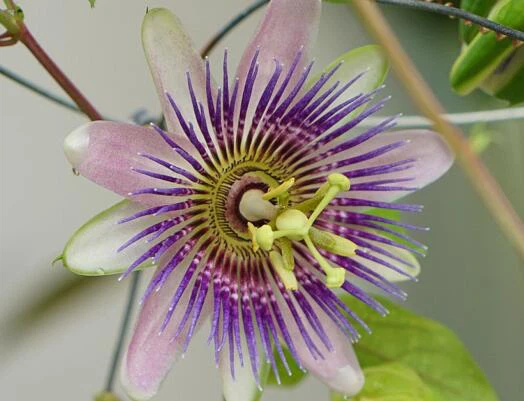
Historical Context: Native Americans have a rich history of utilizing passionflower to address diverse ailments, including wounds, ear infections, and liver issues. Spanish pioneers, learning from Peruvian locals, named these plants for their cross-like appearance, drawing parallels to “the Passion” in Christian traditions, symbolizing the final period of Jesus Christ’s life.
European Usage: In Europe, Passiflora incarnata has been employed to alleviate restlessness, agitation, and anxiety. The fruit is also incorporated into beverages for flavor enhancement.
Forms of Passion Flower Extract:
- Herbal Tea:
- Blend dried passionflower extract powder with boiling water to create a soothing herbal tea.
- Dried passionflower or prepackaged tea is available at health food stores.
- Liquid Extracts, Capsules, and Tablets:
- Liquid extracts offer concentrated and rapidly absorbed forms.
- Capsules and tablets provide convenient alternatives for those preferring a pill form.
Making Passion Flower Extract: Tinctures, known for their potency and long shelf life, are effective in utilizing passionflower extract. Whether using dried or fresh passionflower, maintaining the correct ratios is crucial:
Dried Passionflower:
- Use a ratio of 1 gram (by weight) of dried spice to 5 milliliters (by volume) of menstruum (liquid for extraction).
- Opt for a vodka with 50-65% alcohol content to achieve a full-spectrum extraction.
Fresh Passionflower:
- Utilize a ratio of 1 gram of fresh spice (by weight) to 2 milliliters (by volume) of menstruum.
- Choose a menstruum with 160-190 proof for equivalent alcohol content.
Timing of Effects: The efficacy of passionflower extract varies based on the intended use:
- For anxiety, it may work as well as certain prescription medications.
- When used 30-90 minutes before surgery, it can help reduce anxiety, comparable to other preoperative medications.
- Ongoing research explores additional benefits, but more evidence is needed.
Safety Considerations:
- Dosage and Duration:
- Dosages of up to 800 mg daily of dried alcoholic passionflower extract appear safe for periods of about two months.
- Extended use may lead to side effects such as drowsiness and ataxia.
- Pregnancy and Breastfeeding:
- Passionflower is potentially unsafe during pregnancy, as it may induce uterine contractions.
- Safety during breastfeeding is uncertain, so caution is advised.
- Children:
- Short-term use in children aged 6-13 appears safe.
- Surgery:
- Disclose passionflower use to healthcare providers before surgery, as it may slow the nervous system.
Daily Usage: Passionflower can be taken daily within recommended dosages and durations. Individual responses may vary, necessitating monitoring for adverse effects. Professional advice is crucial, especially when considering prolonged use or combining it with other medications.
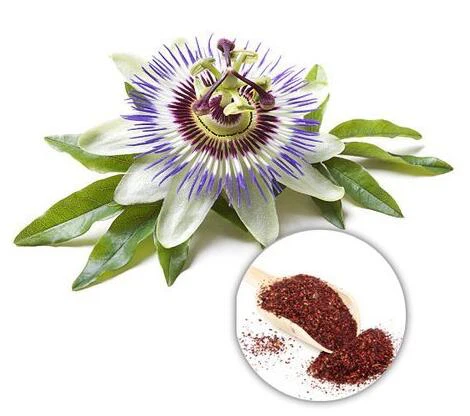
In conclusion, passionflower extract, with its rich history and potential therapeutic benefits, offers a versatile option for those seeking natural remedies. Responsible and informed usage, coupled with professional advice, ensures a safe and effective incorporation into one’s wellness routine.
References:
https://www.mountsinai.org/health-library/herb/passionflower








